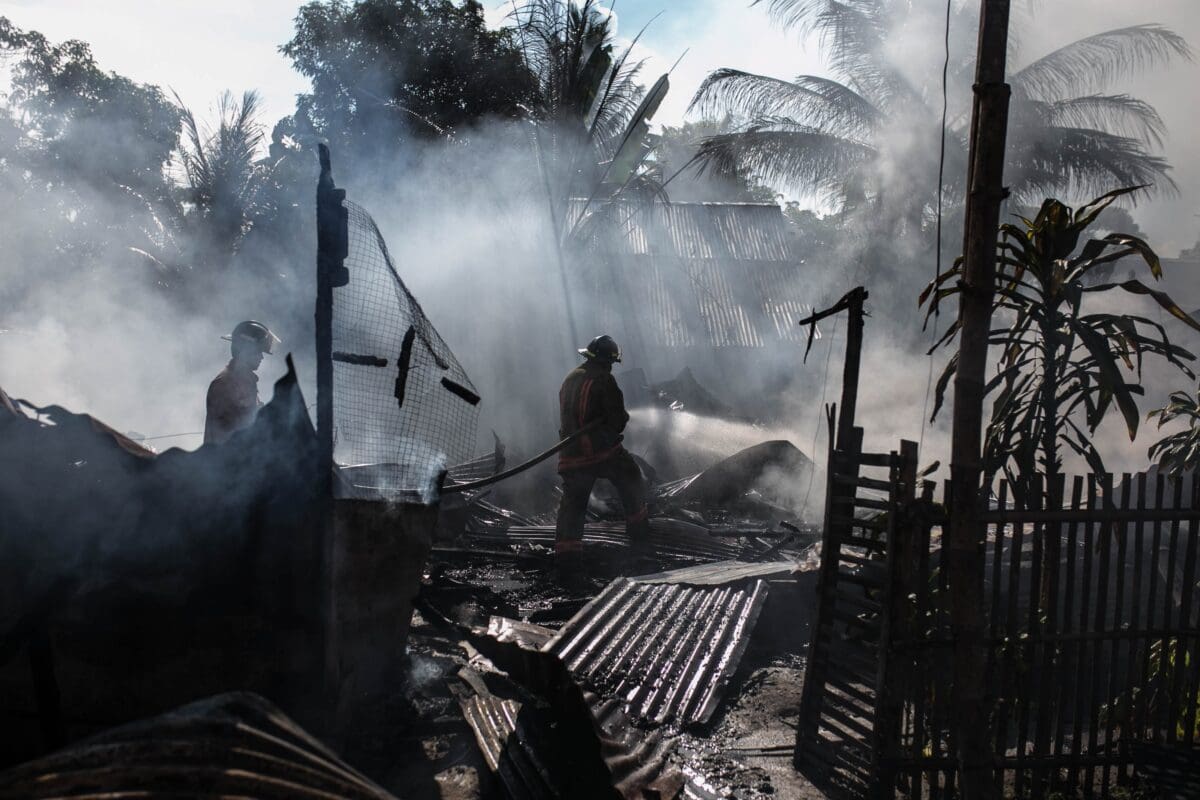Throughout history, an uncountable number of soldiers have staked their lives on the battlefield hoping to be part of a more significant cause. Standing strong at the front of the line, one can only imagine the anxiety, fear, and adrenaline that the warriors must be experiencing, not knowing how destiny will run its course.
Bloodshed and carnage have always been a tragic part of war, with some battles resulting in millions of casualties. Whether it is long or short, over land or politics, battles are always deadly.
The following is a list of some of the bloodiest battles that have changed the course of human history as we know it.
5. Battle Of Towton (1461) – 28,000 to 36,000 Estimated Casualties
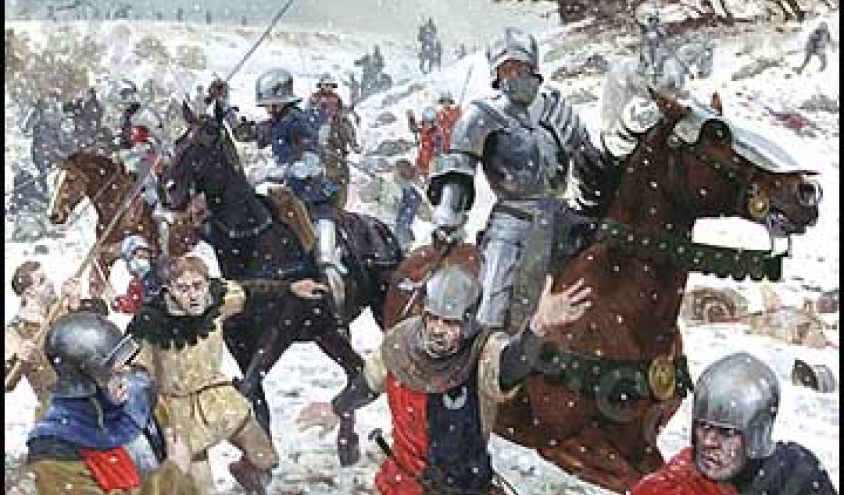
Named after the small city located 10 miles southwest of York where it was fought, the Battle of Towton is known as one of the bloodiest battles ever fought on English soil. This battle was a part of the Wars of Roses, a series of civil wars between the House of York and the House of Lancaster waged over the British throne.
The battle was fought for over 10 hours in a rough snowstorm on March 28, 1461, with the Yorkists ending up victorious. The aftermath, however, was tragic, with thousands of soldiers dead, wounded, or captured. The estimated death toll for the Battle of Towton is between 28,000 and 36,000, making it one of history’s bloodiest battles.
4. Battle of Gettysburg (1863) – Estimated 50,000 Casualties
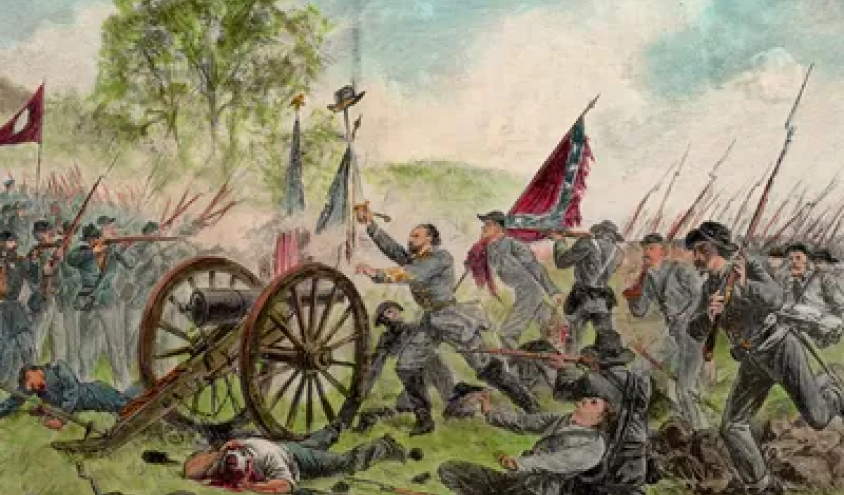
The Battle of Gettysburg is known as the bloodiest battle of the American Civil War, with casualties amounting to over 50,000 men across both Union and Confederate sides. Fought over three days in southern Pennsylvania, the Battle of Gettysburg is marked as a key turning point towards the Union side’s eventual victory two years later in 1865. It is remembered by then-President Abraham Lincoln’s famous speech, The Gettysburg Address delivered at the Soldiers’ National Cemetery four months after the battle.
3. Battle of Passchendaele (1917) – Estimated 600,000 Casualties
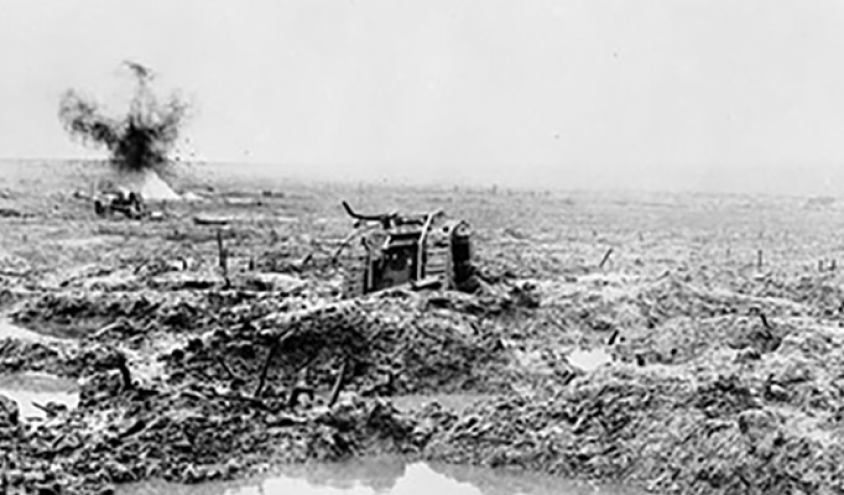
Also known as the Third Battle of Ypres, the Battle of Passchendaele was a significant military campaign of the First World War, with the Allies on one side and the German Empire on the other. The circumstances of this battle were quite bleak for the Allies, as German forces were surrounded on all three sides.
This was further made difficult by weather conditions, with almost non-stop rain affecting combat. After weeks of warfare, the Allies emerged victorious, and the British and Canadian forces ultimately gained control of Passchendaele. However, this victory came at a very bloody cost, with an estimated 600,00 combined casualties, of which 275,000 were of the Allies.
2. Siege Of Baghdad (1258) – Estimated 1 Million Casualties
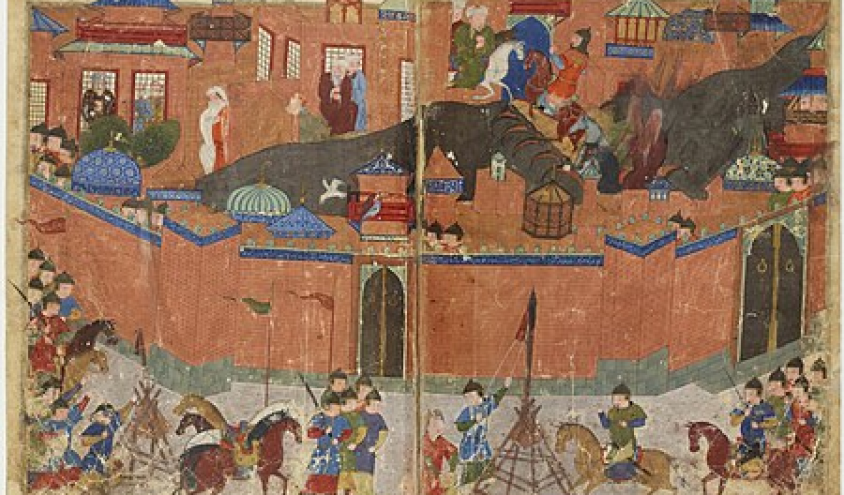
In the 13th century, the city of Baghdad was the most populous and flourishing city on Earth. Located in modern-day Iraq, Baghdad was the capital of the Abbasid Caliphate, a mighty empire that once ruled over the Middle East, western Asia, and northeast Africa. At this time in history, the Mongols had gained significant power across East Asia and were interested in conquering the West towards the Middle East.
The Seige of Baghdad was a battle attack led by Hulagu, the grandson of the famed Genghis Khan after the Caliph of Baghdad refused to surrender his city. The Caliph Al-Musta’sim was confident in his army of 60,000 men (estimated), but the Mongols eventually captured the city from all sides, crushing the Abbasid army and forcing the Caliph to surrender. Over the next few days, the once prosperous city was pillaged and ransacked, with an estimated number of casualties ranging from 100,000 to 1 million.
1. Battle Of Stalingrad (1942) – Estimated 2 Million Casualties
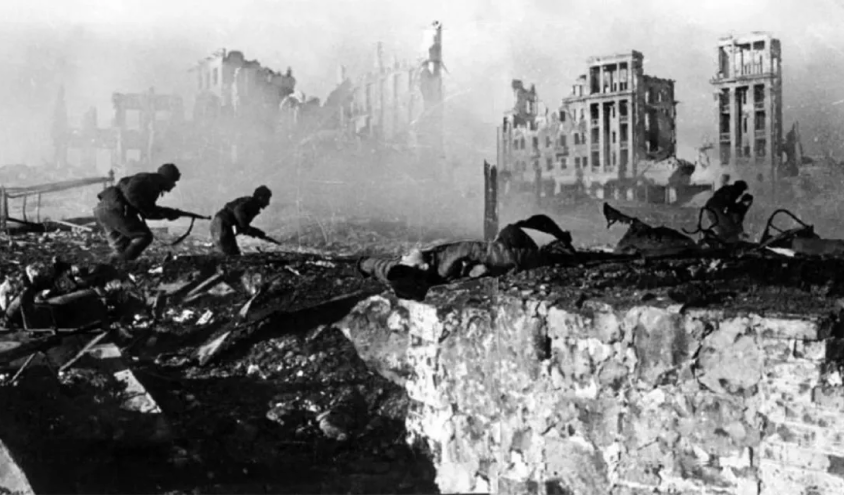
One of the major turning points of the Second World War, the Battle of Stalingrad was a bloody military engagement between the Russian and German forces. It lasted from August 1942 to February 1943, with an estimated total casualty count of over 2 million. A reported 1.1 million soldiers and 40,000 civilians lost their lives in the Battle of Stalingrad, with thousands more injured or taken as prisoners.
The victory of the Russian troops in this battle was a major factor in the overall victory of the Allied forces of Russia, Britain, France, and the United States, as it was a hit to the Axis powers’ confidence. It is remembered as one of the most brutal battles of human history.
Final Word
In the annals of human history, battles have often dictated the course of civilizations, empires, and nations. From the snow-laden fields of Towton to the devastated streets of Stalingrad, these five confrontations stand out not only for their bloodshed but for their profound influence on subsequent events. They serve as somber reminders of the devastating costs of war, and the indomitable spirit of those who fought, forever shaping the world we know today.

